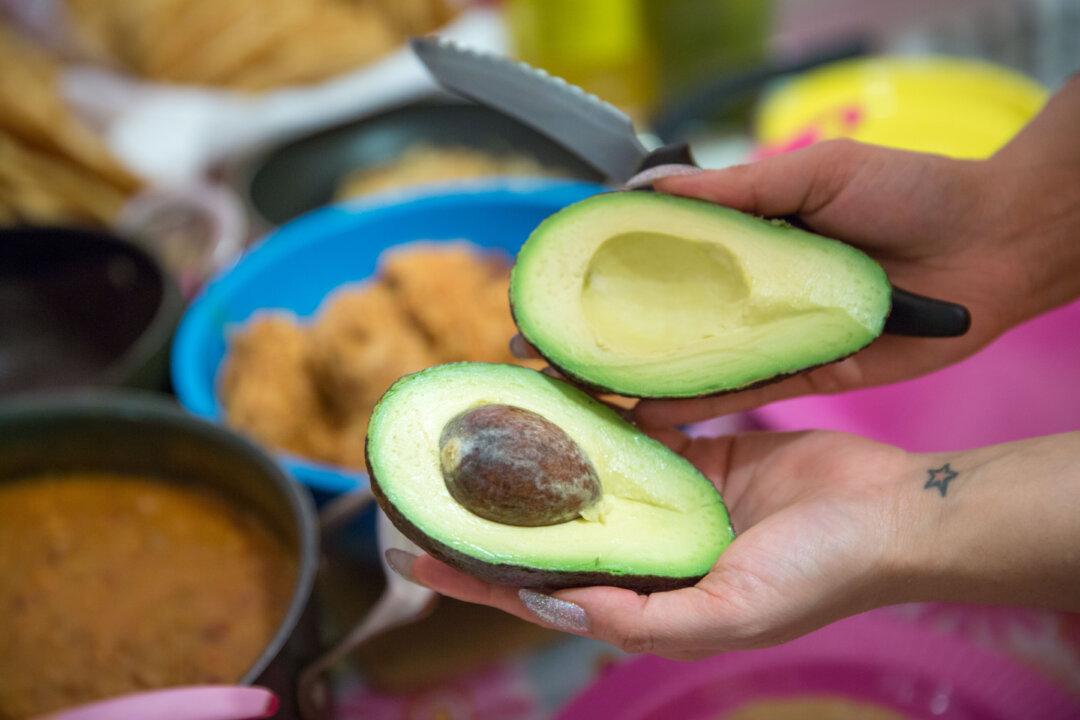Amid a recent recall of avocados, consumers should wash avocados before cutting them open to prevent listeria from the peel contaminating the green pulp, U.S. authorities recommended.
The Food and Drug Administration (FDA) launched a test of fresh avocados in 2014 as part of its new approach to test large numbers of samples from targeted foods over a short period to gather important data. After two years, FDA officials released their findings.





